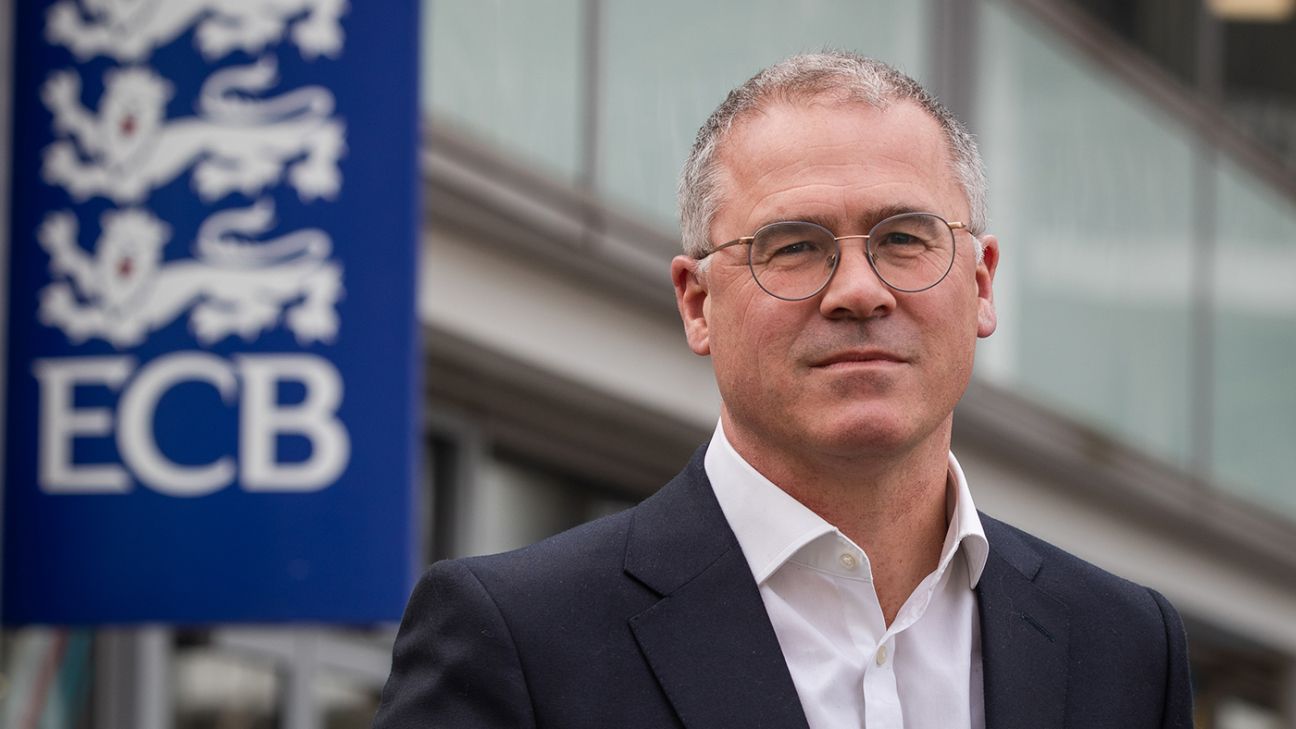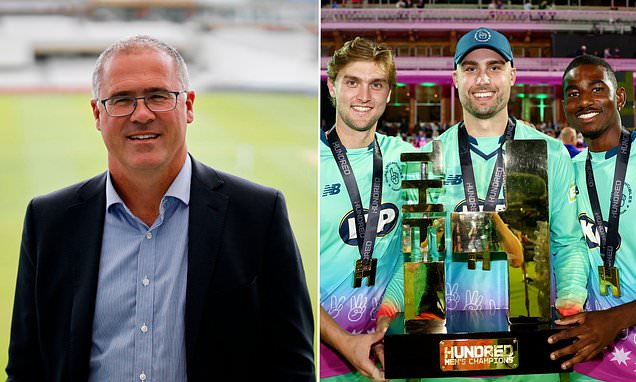Vithushan Ehantharajah Dec 13, 2024, 10:00 AM Open Extended Reactions ECB chief executive Richard Gould is confident the Hundred will generate enough money to future-proof the County game for the next “20 to 25 years” after multiple bids were tabled for each of the eight teams earlier this week, in the second round of the […]


ECB chief executive Richard Gould is confident the Hundred will generate enough money to future-proof the County game for the next “20 to 25 years” after multiple bids were tabled for each of the eight teams earlier this week, in the second round of the equity sales process.
Having received over 100 bids from 35 parties in the first round, a broad spectrum of interested buyers remains. They are understood to include eight of the 10 IPL team owners and co-owners, plus US-based sports investors and private equity.
Gould confirmed most investors have put in multiple bids. Once it is determined which investors best match the interest of one of the eight host teams, the third and final stage will see clubs and counties decide upon their two preferred partners for a joint venture.
The ECB remain increasingly optimistic that they will better their initially stated aim of raising a minimum of £350 million, not least with competition between investors already evident.
In September, Vikram Banerjee, tasked with selling off stakes in the Hundred as ECB director of business operations, stated that the final process could be delayed if the right bids and suitors are not found for all teams. Three months and two stages on, Gould says it is “more likely” the 49 percent stakes on offer for each of the eight teams will be sold first time. Host counties can then decide how much of their gifted 51 percent they wish to part with.
Most of the money raised from those 49 percent stakes is set to be split among the 18 counties and MCC, with 10 percent portioned off for the recreational game. This means that county game is in line for a massive windfall, But Gould insists it will need to be spent wisely.
“My hope is that this will recapitalise the county game for the next 20-25 years, if that money is used really well,” he said in Hamilton, on the eve of the third Test between England and New Zealand.
“We’re not counting our chickens yet, but the aim of this is to raise significant investment that is going to go into the game. One of the things that has been attracting the investors is the money they’d be putting in is going to develop the game. A very significant chunk is going into the recreational game, even more is going into the professional game and that is split between the hosts and non-hosts.
“The professional counties have been very keen to explain to us that they want guard rails in place. Those are likely to focus on the level of debt a club has, the level of reserves a club should have and also when they are making investments, making sure those are investments for the good of the game – providing financial return or in things like the player pathway.”














